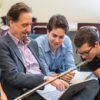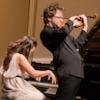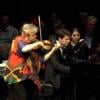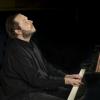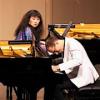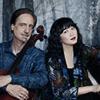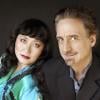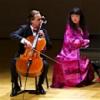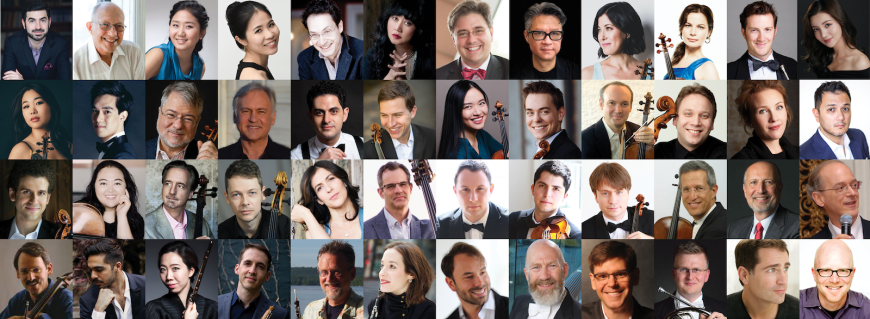
What happened 20 years ago seems both long ago and surprisingly vivid in memory. Pianist Wu Han and cellist David Finckel created a festival to be located away from a metropolitan hub, and far from their New York base and their activities in Aspen and elsewhere. It was also the first known use of the @ symbol — darling of nearby Silicon Valley back then — to name a music festival. Quickly and decisively, the unusual festival became known and admired internationally.
Now, Music@Menlo — after the first crippling pandemic year and a difficult second one — is returning, July 14 to Aug. 6, with a full lineup of live-and-streamed programs, presenting over 50 events on Music@Menlo’s three main venues. Programming once again is big, ambitious, attractive, and once again, the festival provides examplary support to the next generation of musicians.
Wu Han and Finckel are featured in concerts and at music festivals from coast to coast in the U.S. and from Europe to Asia, but when they canceled the 2020 Music@Menlo season, they were sincere in saying “This is heartbreaking for all of us” because “the highlight of our entire year is the three weeks every summer when we all come together to enjoy the music, the artists, and the young musicians that make Music@Menlo so special.” They, the Menlo staff, and legions of artists rejoice in the resumption of the festival.
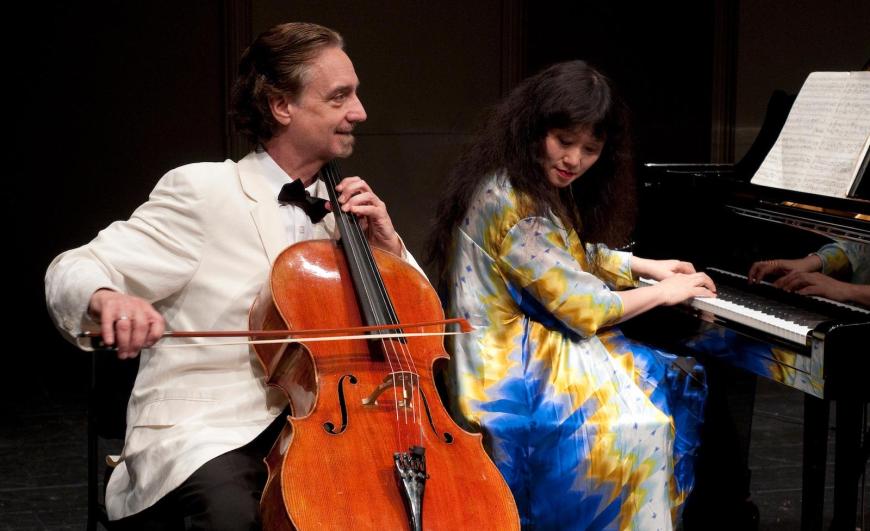
The focus of the 2022 festival is Joseph Haydn's life, music, and legacy, but many other composers from the 18th through the 21st centuries are also featured in eight mainstage concerts, three artist-curated Carte Blanche events, Café Conversations, masterclasses, and the Chamber Music Institute.
Ticket prices range from $35 to $84 for adults; $20 to $30 for under age 30, available at the Music@Menlo website. Concerts are also available through livestreaming, for $25 per event, $150 for all eight concerts. Livestreams will be broadcast at the time of the concert and remain available to watch for one week. Subscriptions on sale April 25. Single tickets on sale May 2.
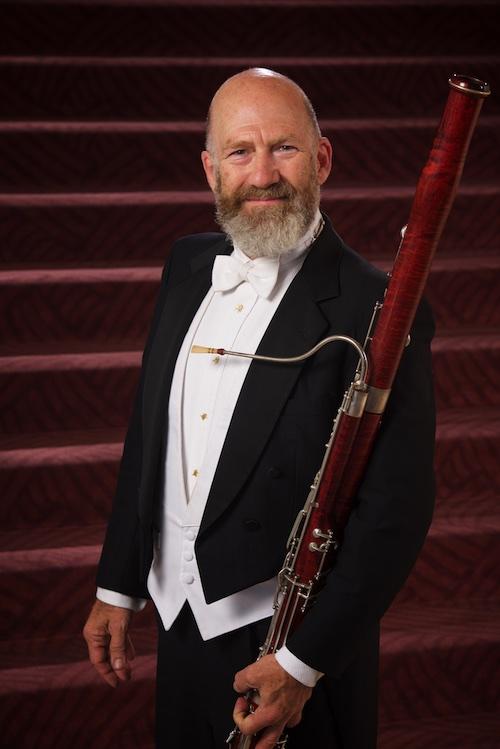
Among the 48 artists participating in the festival, 10 are making their mainstage debuts: pianists Mika Sasaki and Shai Wosner; violinist Richard Lin; cellists Mihai Marica and Inbal Segev; flutist Amir Hoshang Farsi; bassoonist Steven Dibner; soprano Meigui Zhang; tenor Nicholas Phan; baritone Matthew Worth.
Returning artists include pianists Michael Brown, Gilbert Kalish, Hyeyeon Park; violinists Aaron Boyd, Ivan Chan, Bella Hristova, Kristin Lee; violists, Matthew Lipman, Paul Neubauer; cellists Dmitri Atapine, Nicholas Canellakis, Estelle Choi; bassist Scott Pingel; the Calidore String Quartet, the Orion String Quartet; oboists James Austin Smith, Stephen Taylor; clarinetists Romie de Guise-Langlois, Tommaso Lonquich; horn players Mark Almond, Kevin Rivard.
“Haydn Connections” celebrates a composer whose genius, industry, and legacy have changed the course of Western classical music, creating and perfecting the symphony (104 of them!), string quartet, piano trio, and piano sonata. All from a modest, uncomplaining, diligent servant of the Esterházy family, working largely in isolation in remote northwest Hungary.
Haydn and Dvořák (and the connecting Lobkowicz thread) have been Music@Menlo favorites over the years, and certainly with Haydn, the riches are inexhaustible: Haydn’s chamber music alone would take several festivals to perform and includes 45 piano trios and 68 string quartets.
“His work is a tree of musical life,” say the artistic directors, “whose roots grew from the rich soil left by Bach into branches extending across cultures and centuries, upwards towards music’s firmament. Haydn reinvented music, establishing forms which support dialogue, conflict and resolution, and equity among voices.”
“Connections” in the Menlo title refers to Haydn’s direct influence on Mozart, Beethoven, Schubert, Mendelssohn, and Brahms, among others.
Haydn’s is a musical legacy, says the Menlo announcement, “of eternally fresh and joyful works. Filled with witty surprises, daring, excitement, and quintessentially Viennese elegance, Haydn’s music is an immortal and uplifting tribute to the best of the human spirit.”
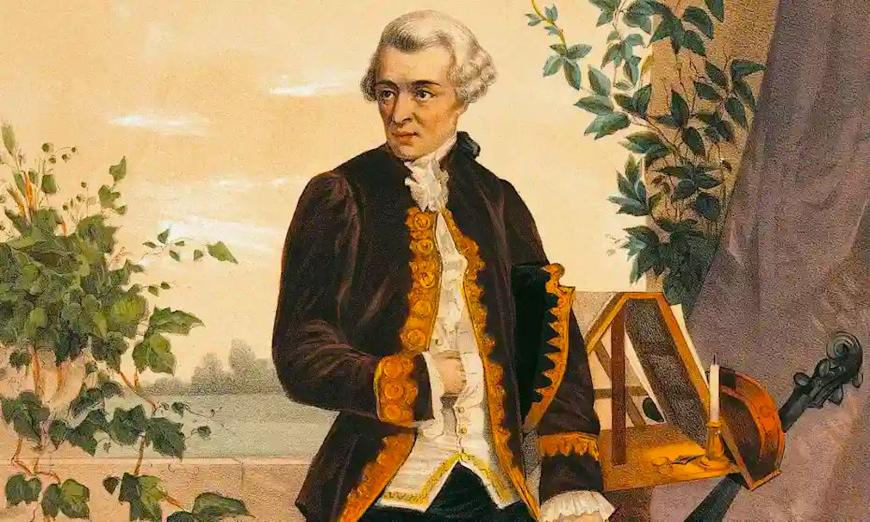
Mainstage programs — in the festival’s new concert hall — begin on July 14, with Carl Philipp Emanuel Bach’s Cello Concerto in A Major, with Inbal Segev as soloist, followed by Haydn’s cantata Arianna a Naxos, featuring mezzo-soprano Sasha Cooke. The concert continues with Jennifer Frautschi as soloist in Haydn’s Violin Concerto No. 1, and concludes with Bach’s Schweigt stille, plaudert nicht (Be quiet, don't chatter), known as the Coffee Cantata.
The season-closing concert on Aug. 6 presents a program of works influenced by folk traditions, beginning with Haydn’s “Rondo all’Ongarese” from his Piano Trio in G Major, performed by violinist Richard Lin, cellist David Finckel, and pianist Gilbert Kalish. Next, it's Erwin Schulhoff’s Duo for Violin and Cello, and Pablo de Sarasate’s Zigeunerweisen. The program culminates in Brahms’ Piano Quartet No. 1 in G Minor, Op. 25, performed by pianist Wu Han, violinist Richard Lin, violist Matthew Lipman, and cellist Mihai Marica.
The festival’s renowned youth programs return in full after two years: these are two major programs to teach and assist young talent, and provide performance opportunities for those soon to take their places in concert halls of the world. The Young Performers Program is for pre- and early-conservatory-level students, ages 10 to 19. The Chamber Music Institute is for older pre- professional artists, ages 20 to 30. For a local comparison, think of San Francisco Opera’s Merola and Adler programs.
Sharing the benefits of these programs with the young artists is the festival audience, which has free attendance to the Prelude Performances and Koret Young Performers Concerts’ master classes and performances.
Prelude Performances this season, all at 5 p.m., 90 minutes ahead of the main concerts:
Thursday, July 14 | Spieker Center
Friday, July 15 | Martin Family Hall
Saturday, July 16 | Stent Family Hall
Wednesday, July 20 | Spieker Center
Thursday, July 21 | Martin Family Hall
Friday, July 22 | Stent Family Hall
Tuesday, July 26 | Stent Family Hall
Wednesday, July 27 | Spieker Center
Thursday July 28 | Stent Family Hall
Friday, July 29 | Spieker Center
Friday, Aug. 5 | Spieker Center
Koret Young Performers Concerts, at 12:30 p.m.:
Saturday, July 23 | Spieker Center
Saturday, July 30 | Spieker Center
Saturday, August 6 | Spieker Center
Masterclass schedules will be announced later.


